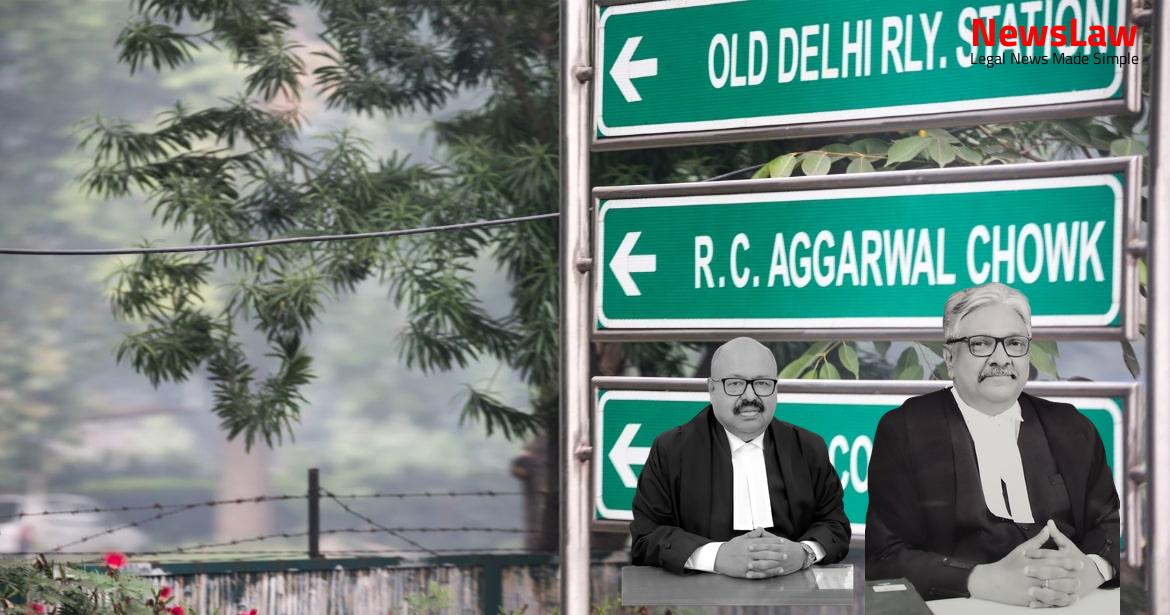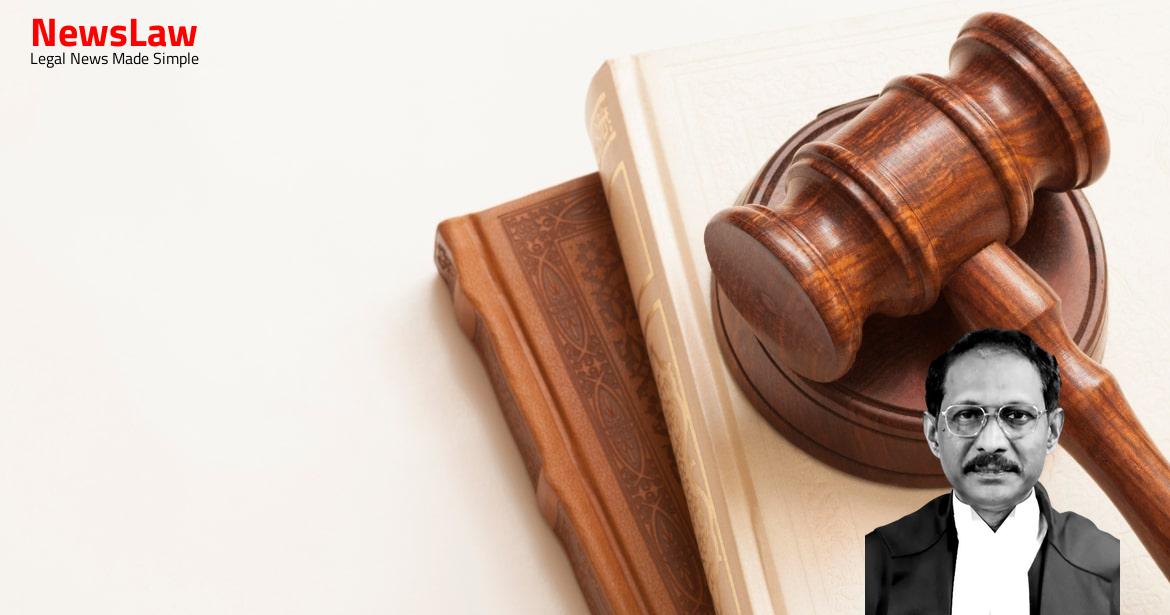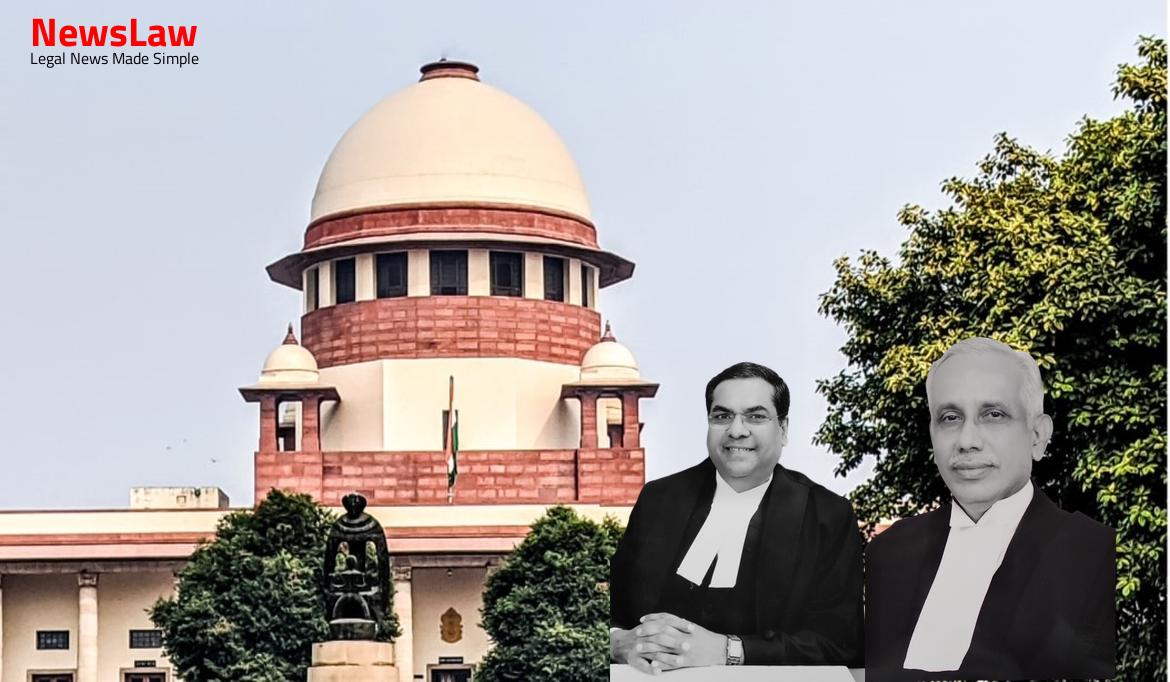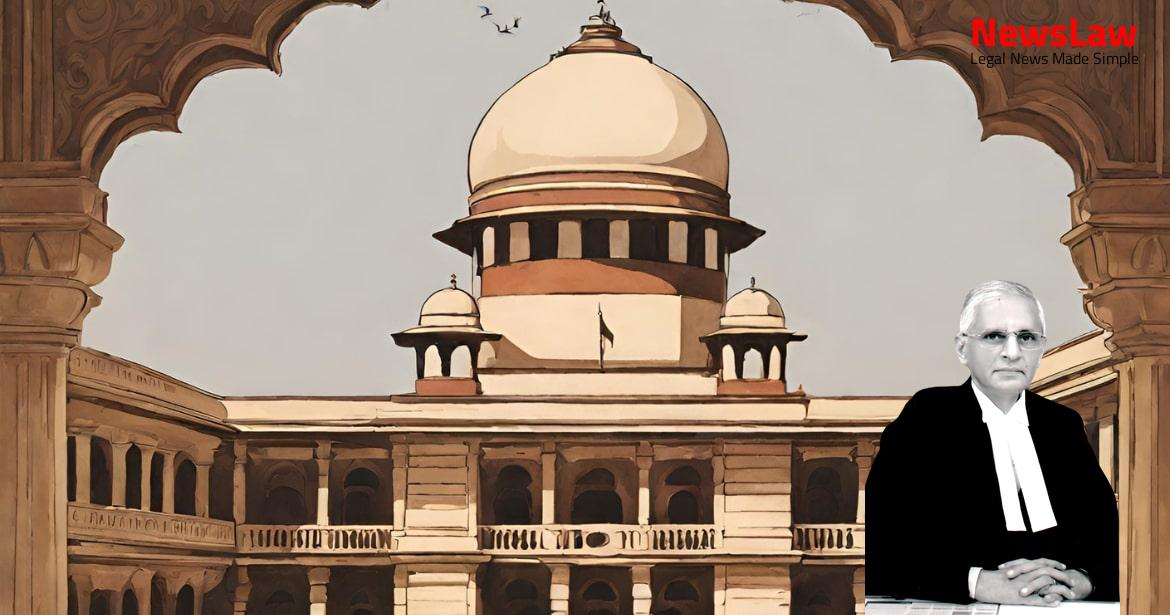Explore a detailed legal analysis of a case concerning the termination of a Scheduled Tribe appointment based on invalid caste claims. The court’s examination of the reservation criteria and the application of voidable acts in such situations sheds light on the importance of upholding the integrity of appointments under the Scheduled Castes, Scheduled Tribes, and Other Backward Classes categories. Discover the significance of compliance with validity requirements and the court’s decision in balancing the rights of eligible candidates with the need to rectify unauthorized appointments.
Facts
- The High Court dismissed the writ petition filed by the appellant against the order of the Karnataka Administrative Tribunal.
- The Tribunal had rejected the OA filed by the appellant against the order dated 24.03.2014, which purported to terminate her services.
- The termination was based on the finding that the appellant did not belong to the Scheduled Tribe community she claimed to be a part of during her appointment.
Also Read: Judicial Analysis on Back Wages in Employee Caste Verification Case
Arguments
- Appellant argues that authorities found him undeserving of appointment under the Scheduled Tribe quota without serving notice before termination.
- Appellant believed his caste ‘Talawara’ was to be treated as ‘Hindu Tokare Koli’ which is a Scheduled Tribe.
- Section 4(4) states appointments in contravention of Section 4(1) are voidable, not void.
- Complaint that the High Court did not analyze the scope of the Karnataka Scheduled Castes, Scheduled Tribes and Other Backward Classes (Reservation of Appointments, etc.) Act, 1990 and Rules, 1992.
- Argument based on the judgment of this Court in Chairman and Managing Director, Food Corporation of India and Others v. Jagdish Balaram Bahira and Others 2017(8) SCC 670.
- The respondent argued that ample opportunity was given to the appellant to prove her Scheduled Tribe community status.
- The respondent believes that the appellant’s failure to prove her status means she cannot now contest the decision.
- The respondent supports the impugned judgment based on the appellant’s lack of evidence.
Also Read: Interpretation of Suspension Rules in Employment Case
Analysis
- Appointments made in contravention of the provisions of Section 4(1) of the Act are voidable.
- Monetary benefits obtained on the basis of false caste certificates must be withdrawn, including scholarships, grants, allowances, and other financial benefits.
- Section 4(1) mandates reservation of appointments or posts for Scheduled Castes, Scheduled Tribes, and Other Backward Classes.
- Rule 7B specifies the reservation criteria for appointments in civil services of the State of Karnataka.
- Rule 7B empowers the employer to recover allowances in certain situations.
- The Rule is broadly worded and allows for the declaration of void acts.
- The appellant’s appointment was dependent on producing a valid certificate.
- The appointment was declared voidable upon finding the appellant did not belong to the Scheduled Tribe community.
- The termination of the appellant’s service was valid in light of final findings.
- Cancellation of certificates and compliance with validity requirements under the Rules is crucial.
- Appointment orders stressed temporary nature subject to verification and validity certifications.
- The court emphasized the distinction between void and voidable acts.
- The Act aims to reserve appointments for deserving categories covered under the Constitution.
- The termination of the appellant’s appointment was necessary to uphold the rights of genuinely deserving members of Scheduled Tribes.
- The case of R. v. Paddington Valuation Officer, ex p Peachey Property Corpn. Ltd. (1965) 2 All ER 836, (1966) 1 QB 380, (1965) 3 WLR 426 (CA) is referenced.
- The principle that remains good until it is set aside is mentioned.
- This principle was further discussed in the case of Dhurandhar Prasad Singh vs Jai Prakash University and others, (2001) 6 SCC 534, by the Court.
- The appellant has worked and has been paid salary.
- Amounts sought to be recovered shall not be recovered from the appellant in the interest of justice.
- The appellant would not have expended the amounts she earned as she has been paid for a period she did not work.
- Exercise of powers under Article 142 of the Constitution in reference to a specific judgment is recommended.
Also Read: Legal Analysis of Assignment and Ratification in Property Law
Decision
- The High Court’s order is confirmed.
- No recovery shall be made from the appellant.
- The appeal is disposed of accordingly.
Case Title: JAYASHREE Vs. THE DIRECTOR COLLEGIATE EDUCATION (2022 INSC 218)
Case Number: C.A. No.-001559-001559 / 2022



